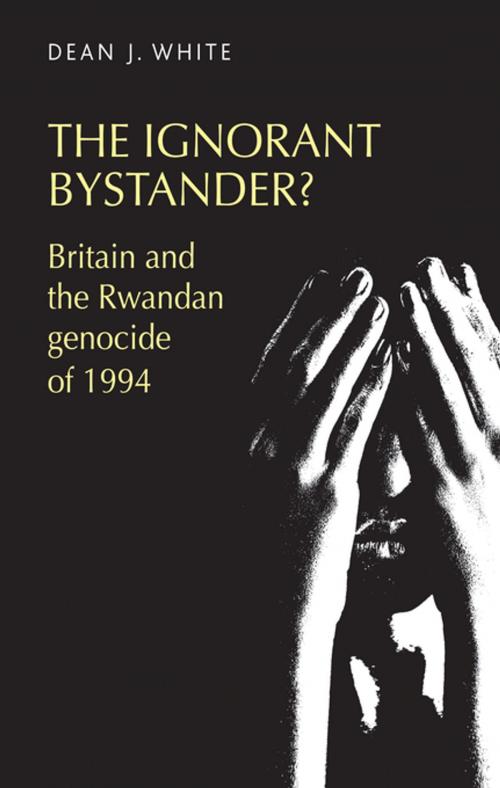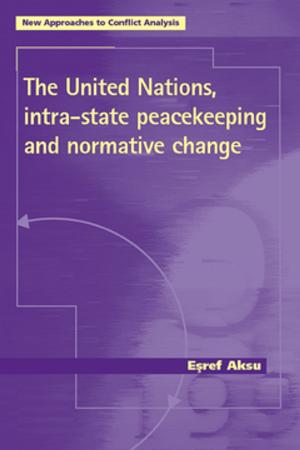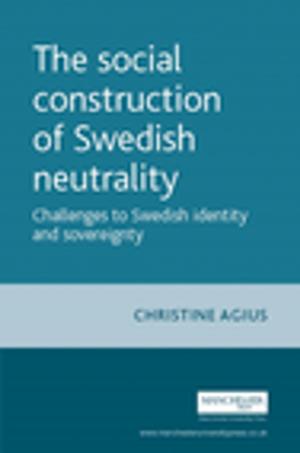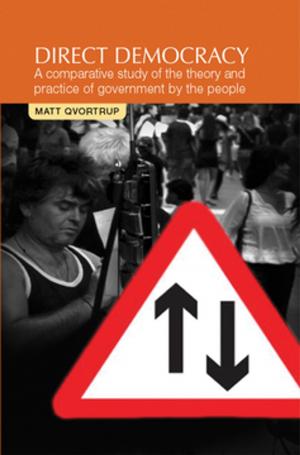The ignorant bystander?
Britain and the Rwandan genocide of 1994
Nonfiction, Social & Cultural Studies, Political Science, International, International Relations| Author: | Dean White | ISBN: | 9780719098222 |
| Publisher: | Manchester University Press | Publication: | May 1, 2015 |
| Imprint: | Manchester University Press | Language: | English |
| Author: | Dean White |
| ISBN: | 9780719098222 |
| Publisher: | Manchester University Press |
| Publication: | May 1, 2015 |
| Imprint: | Manchester University Press |
| Language: | English |
The ignorant bystander: Britain and the Rwandan genocide uses a case study of Britain’s response to the genocide to explore what factors motivate humanitarian intervention in overseas crises. The Rwandan genocide was one of the bloodiest events in the late twentieth century and the international community’s response has stimulated a great deal of interest and debate ever since. In this study, Dean White provides the most thorough review of Britain’s response to the crisis written to date. The research draws on previously unseen documents and interviews with ministers and senior diplomats, and examines issues such as how the decision to intervene was made by the British Government, how media coverage led to a significant misunderstanding of the crisis, and how Britain shaped debate at the UN Security Council. The book concludes by comparing the response to Rwanda, to Britain’s response to the recent crises in Syria and Libya.
The ignorant bystander: Britain and the Rwandan genocide uses a case study of Britain’s response to the genocide to explore what factors motivate humanitarian intervention in overseas crises. The Rwandan genocide was one of the bloodiest events in the late twentieth century and the international community’s response has stimulated a great deal of interest and debate ever since. In this study, Dean White provides the most thorough review of Britain’s response to the crisis written to date. The research draws on previously unseen documents and interviews with ministers and senior diplomats, and examines issues such as how the decision to intervene was made by the British Government, how media coverage led to a significant misunderstanding of the crisis, and how Britain shaped debate at the UN Security Council. The book concludes by comparing the response to Rwanda, to Britain’s response to the recent crises in Syria and Libya.















